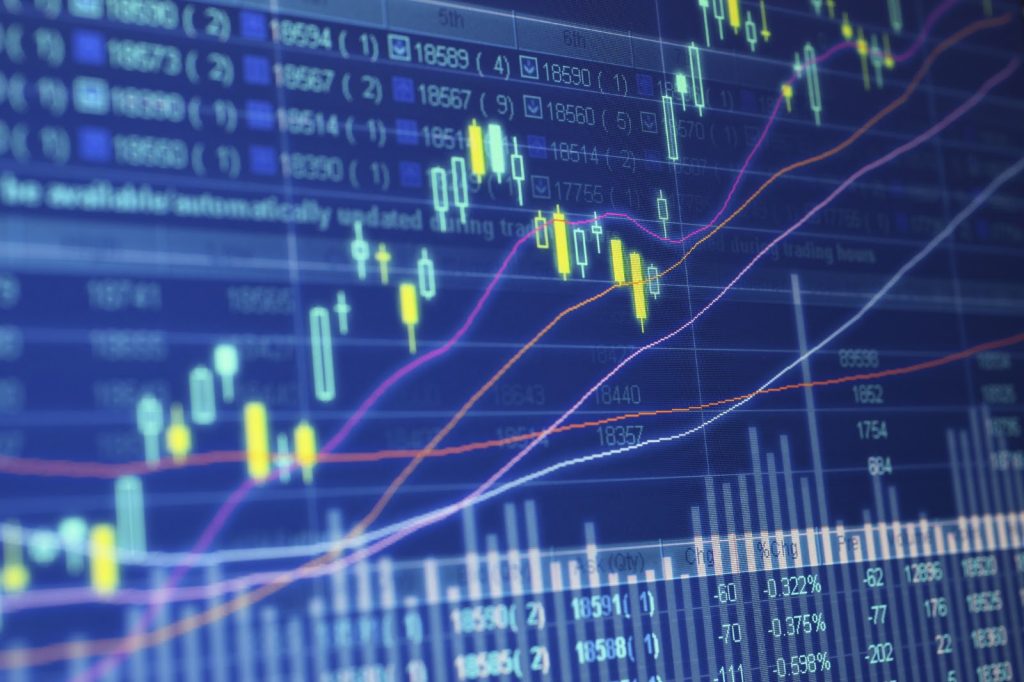One of the latest advancements poised to revolutionize the trading sphere is the integration of blockchain technology into trading platforms. This marriage of blockchain and trading holds the promise of enhanced security, transparency, and efficiency, ushering in a new era of trust and reliability for traders worldwide. Blockchain, originally developed as the underlying technology for cryptocurrencies like Bitcoin, is essentially a decentralized ledger that records transactions across a network of computers. Its key features include immutability, transparency, and cryptographic security, making it an ideal candidate for transforming traditional trading processes. By leveraging blockchain technology, trading platforms can offer unparalleled security measures, significantly reducing the risk of fraud, manipulation, and data breaches. Every transaction conducted on a blockchain-based platform is securely recorded in a tamper-proof manner, providing traders with a level of transparency and trustworthiness previously unseen in traditional trading environments. Moreover, blockchain integration introduces a decentralized model for trading, eliminating the need for intermediaries such as banks or clearinghouses.
This decentralization not only streamlines the trading process but also reduces transaction costs and eliminates delays associated with intermediary involvement. Trades can be executed directly between counterparties, facilitated by smart contracts self-executing contracts with the terms of the agreement directly written into code. Smart contracts automate and enforce the terms of the trade, ensuring swift and accurate settlement without the need for manual intervention. Another compelling aspect of blockchain integration in trading platforms is the potential for expanding access to global markets. By transcending geographical boundaries and time zones, blockchain-based platforms enable traders from around the world to participate in markets that were previously inaccessible. This democratization of trading empowers individuals and institutions alike, fostering greater liquidity and diversity within the global financial ecosystem. Furthermore, blockchain technology facilitates the tokenization of assets, enabling the fractional ownership of traditionally illiquid assets such as real estate, fine art, or private equity. Through tokenization, investors can gain exposure to a wider range of assets, diversifying their portfolios and mitigating risk.

Additionally, tokenized assets can be traded 24/7 on blockchain-based platforms, providing liquidity and flexibility previously unattainable in traditional markets. While the benefits of blockchain integration in trading are undeniable, challenges remain in achieving widespread adoption and regulatory compliance. Concerns surrounding scalability, interoperability, and regulatory uncertainty must be addressed to realize the full potential of blockchain technology in trading. However, with continuous innovation and collaboration among industry stakeholders, these challenges can be overcome, paving the way for a future where blockchain-powered xtrade platforms redefine the way we buy, sell, and invest in financial markets. By enhancing security, transparency, and efficiency, blockchain-based trading platforms offer a glimpse into a future where trust and reliability are the cornerstones of global finance. As the industry continues to embrace blockchain innovation, traders stand to benefit from greater access, liquidity, and diversity in the markets, ushering in a new era of opportunity and prosperity for all.